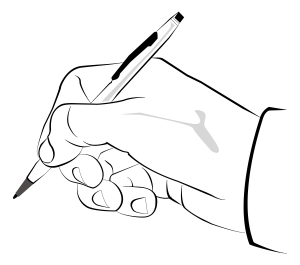Write Only the Stories You Can Write, or "Write From Where You Are, Not From Where You Aren't"
 Rick Liebling is one of the 171 authors of the forthcoming book, “The Age of Conversation 3.” He kindly offered to post interviews on his blog with the other authors. My interview is here.
Rick Liebling is one of the 171 authors of the forthcoming book, “The Age of Conversation 3.” He kindly offered to post interviews on his blog with the other authors. My interview is here.
Six months ago, a couple of friends recommended I write a chapter for the book. Not being experienced at social media, I hesitated because I wasn’t sure what I could add. After some thought, I came up with a topic.
People involved in social media want to connect with others and change the world. Lofty goals, right? But as ambitious and meaningful as those goals are, people are still people, and they sometimes get stuck for what to say. They hit a block in their thinking or writing.
In my chapter, “A Fast, True Way for Creating Content,” I share a method for creating content I developed years earlier as a writer of newspaper and magazine articles.
For me, the most interesting thing about my chapter is how I approached it. I didn’t pretend I was knowledgeable about social media. Instead, I approached it from a direction where I had experience: as a professional writer who often faced deadlines. I tackled the chapter from strength rather than weakness.
That strategy – approach a piece of writing from what you are rather than what you aren’t – is something I learned fifteen years ago from David Fryxell’s book, “How to Write Fast (While Writing Well).” In it, he said: “Write only the stories you can write . . . “
In other words, if you’re stuck or you’ve got to get the writing done, forget about “the perfect” way of crafting the story. Try for perfection (or experimentation or growth) next time. If you’re pushed to get the piece out the door so it can go to press, write it in a way that works for you. Approach it from an angle that’s comfortable.
That advice may not inspire you, but it’s advice that’s likely to save you from misery.
Think, then, about a post or other piece of writing that has you stuck or that you’ve been afraid to approach. Perhaps the subject feels too big, important, or foreign. How might you cut that subject down to a size you can handle? In what ways can you narrow your focus so the project becomes doable?
